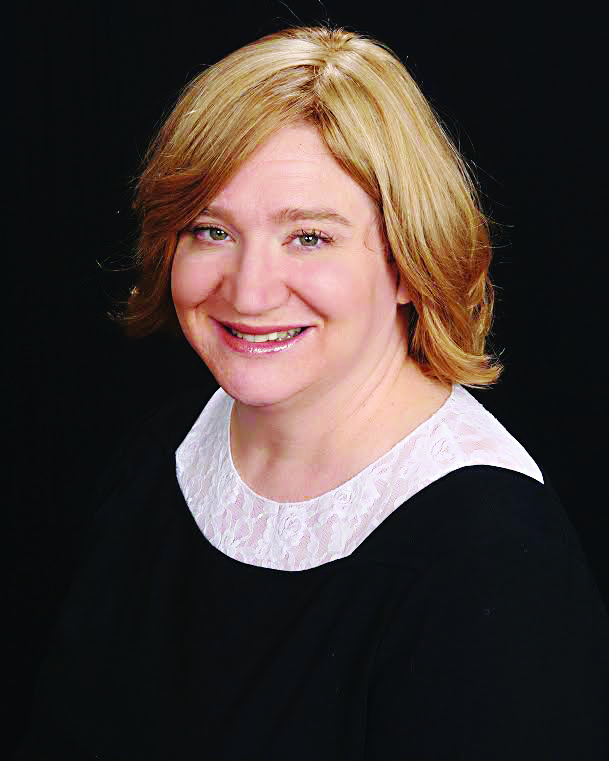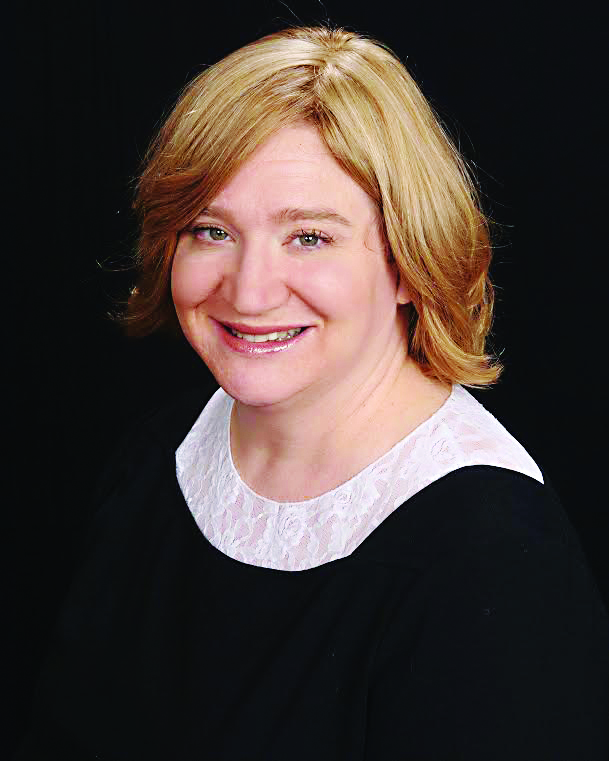 Before there was the Boycott, Divestment and Sanctions (BDS) group and before there was “Students for Justice in Palestine” there was another grave threat to Jews on college campuses that sought to destroy the very essence of Jewish life. It threatened to steal college kids from their own communities, one by one. The perpetrators sought to take away the very core identity of Jewish thought, that first commandment: the concept of one God.
Before there was the Boycott, Divestment and Sanctions (BDS) group and before there was “Students for Justice in Palestine” there was another grave threat to Jews on college campuses that sought to destroy the very essence of Jewish life. It threatened to steal college kids from their own communities, one by one. The perpetrators sought to take away the very core identity of Jewish thought, that first commandment: the concept of one God.
The millennials will likely not even know about this. Generation Y won’t either. It was all but over before my own generation X even arrived on campus, so I only know about it from family lore. The threat I am speaking of, that was mostly gone by the mid-1990s when I arrived in my dorm room, was of “Messianic Jewish” ministries that preyed on impressionable young people, proselytizing to Jews in an effort to make them turn on their families and join Christian organizations.
While “Jews for Jesus” still exists (and has just over 700,000 Facebook fans as of this writing), it is nowhere near the organization it was in the 1970s and ‘80s. Its tentacles and ability to reach college students are significantly curtailed through numerous campus action plans put together by multiple Jewish advocacy organizations working together.
Rebbetzin Esther Jungreis, z”l, who passed away last week, was one of the many voices that resonated and helped bring Jews back from the influence of Messianic cults. In public speeches, she often referenced the problems that led Jews to seek meaning outside their own faith. She spoke of this “spiritual holocaust” in venues large and small. But her sway, her care and her unique ability to reach people who were actively seeking answers outside the fold is, in my opinion, one of the reasons for the win of “Jews for Judaism” over “Jews for Jesus.”
In an article by A. James Rudin and Marcia R. Rudin in the Summer 1977 issue of PresentTense, called “Onward (Hebrew) Christian Soldiers: They’re Out to Grab Your Kids,” the influence of Rebbetzin Jungreis was described. “A few years ago, Esther Jungreis, wife of an Orthodox rabbi in Woodmere, Long Island, founded a group called Hineni (Hebrew for ‘Here I am’). In a personal and individual way, she works with Jewish youth who have become Hebrew Christians to create a sense of community and warmth based on the richness of the Jewish heritage. Operating out of her home and through lectures in many parts of the country, she provided an atmosphere of support—even to the point of taking young people in to live with her, sometimes for long periods. Among her achievements, she says, was the return of Lisa Levi, a Miami leader of the Jews for Jesus, to the Jewish fold. She claims she convinced 60 Jews for Jesus, including many top leaders, to ‘abdicate’ the Hebrew Christian movement. ‘This shattered the Jews for Jesus,’ Mrs. Jungreis claims.”
While the war raged over the course of two and a half decades, it was a decisive win taken not just by Jungreis and her organization, Hineni, but many, many others. The counter-missionary organization Jews for Judaism, founded in Baltimore by Larry Levey, himself a former Messianic Jew, in 1984, was assisted by and worked in tandem with the Jewish Community Relations Council of New York’s Task Force on Missionaries and Cults, headed by Dr. Philip D. Abramowitz. No fewer than 50 organizations were involved in the task force.
My colleague, The Jewish Link’s Associate Editor Phil Jacobs, shared that he came face to face with Messianic Jews as a college student. “When I was on the school newspaper at University of Maryland, one of the editors invited me to a mixer, a ‘Jewish’ mixer. Turned out it was Jews for Jesus. I went to the campus rabbi, a kind fellow from the Reform movement, who couldn’t answer my questions or the claims these Hebrew Christians made to me. They called me an ‘incomplete Jew’ unless I accepted you-know-who. It was the Rebbetzin who influenced many to take this threat on campus seriously! I had little or no background to discuss religion with the Hebrew Christians, and they saw me as an easy target. I wasn’t interested in what they were offering, but years later I met Larry Levey, and heard of his story of returning to Judaism, Orthodox Judaism, after being a Messianic Jew. Like the Rebbetzin, he helped bring back many Jews.”
In 1993, the task force issued a statement in opposition to such ministries, which was endorsed by four major Jewish denominations: Orthodox Judaism, Conservative Judaism, Reform Judaism and Reconstructionist Judaism, as well as multiple national Jewish organizations. It was one of the only handful of times the entire American Jewish community came together on a topic.
As my experience is only anecdotal, I hasten to say I have no wish to discount the work done by those outside Hineni. There are many, many others who worked against Messianic cults, including, I heard this week, Teaneck’s Moshe Markovitz, the husband of our contributor Pearl Markovitz, who apparently worked as a “gangbuster” on college campuses against such organizations. Knowing Moshe, that sounds about right.
But aside from all this, on the passing of Rebbetzin Jungreis, I want to comment not on the five or so times I heard her speak at Hineni in Manhattan, or at my shul, Congregation Ohab Zedek, when I lived on the Upper West Side. I want to comment on the time Rebbetzin Jungreis was a guest in my aunt’s living room. And how the war the Rebbetzin fought to keep Jews Jewish was waged not just in big venues, but in small ones as well.
In the early 2000s, when I was single and living in Manhattan, I would often buy lox from Zabar’s and bagels from H&H (of blessed memory) for my aunt and uncle on a quiet Sunday, and take the subway to Penn Station and hop on the Long Island Rail Road, where I would spend a few hours with them decompressing outside the city. I was close with them and appreciated the homey atmosphere they provided in loco parentis, since my mom and dad were 3,000 miles away in California. An hour on the train was the next best thing. One time, I mentioned that I had been to Hineni that week and had heard Rebbetzin Jungreis speak.
“She was here, in the house,” my aunt said, in a surprised voice. My aunt was not someone who claimed to have much interaction with Orthodox Judaism, but this rebbetzin she knew.
In the early 1980s, my first cousin, their daughter, had been dating a non-Jew. Not just any non-Jew, but the head of a Messianic organization on her campus. She was in her early 20s.
My uncle, now of blessed memory, shared many times with me that the idea of dating a non-Jew never crossed his mind in the post-war Bronx where he grew up, nor when he and my aunt met when they were in pharmacy school. He explained that he might not be so religious, but marrying a non-Jew just wasn’t something anyone did.
The collective memory is fuzzy as to what was said at Rebbetzin Jungreis’ visit, or even how she came to be in that living room on that day. It occurred, after all, over 30 years ago. But it’s noteworthy that a relatively non-descript Jewish family in crisis brought out a woman who had spoken to a crowd of 10,000 at Madison Square Garden. It might have been the arenas where she grabbed the most headlines, but it was in living rooms and private meetings where, I think, she reached out and gave of herself in her best possible way.
Rebbetzin Jungreis’ visits to individual Jewish homes of college students being courted by Messianics are not mentioned anywhere in the many obituaries I read about her last week. I have heard there are many, but there is little published information. The New York Times, the Forward and Tabletmag.com only spoke of her political influence, her bombshell dramatic speech delivery, her friendships with presidents and world leaders, her views discounting “modern Jewish feminism” and, of course, her speeches to large groups and her organization that helped her travel the world as “the Jewish Billy Graham.” But the Rebbetzin Jungreis my family knows was the one fighting in the trenches, aware of the risk to the Jewish future and sensitive to the heartbreak going on inside one living room.
“Empathetic. A lovely, wise woman. We were comforted by her visit,” my aunt told me last week. Rebbetzin Jungreis was a special soul who may, in fact, have done most of her work outside the limelight. I hope this memory of her work for one family will serve as a blessing for her neshama. Baruch Dayan HaEmet.
By Elizabeth Kratz











